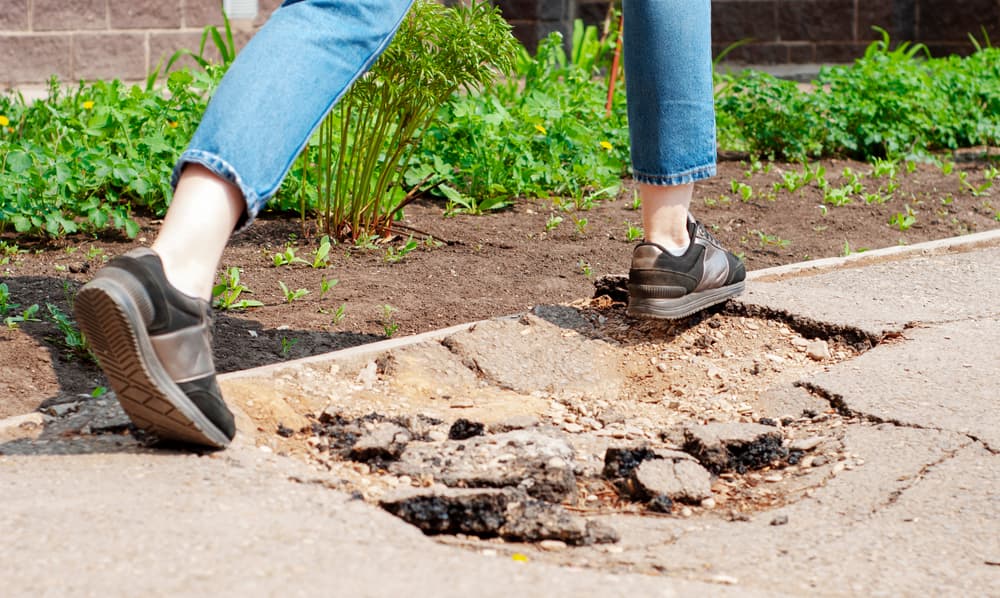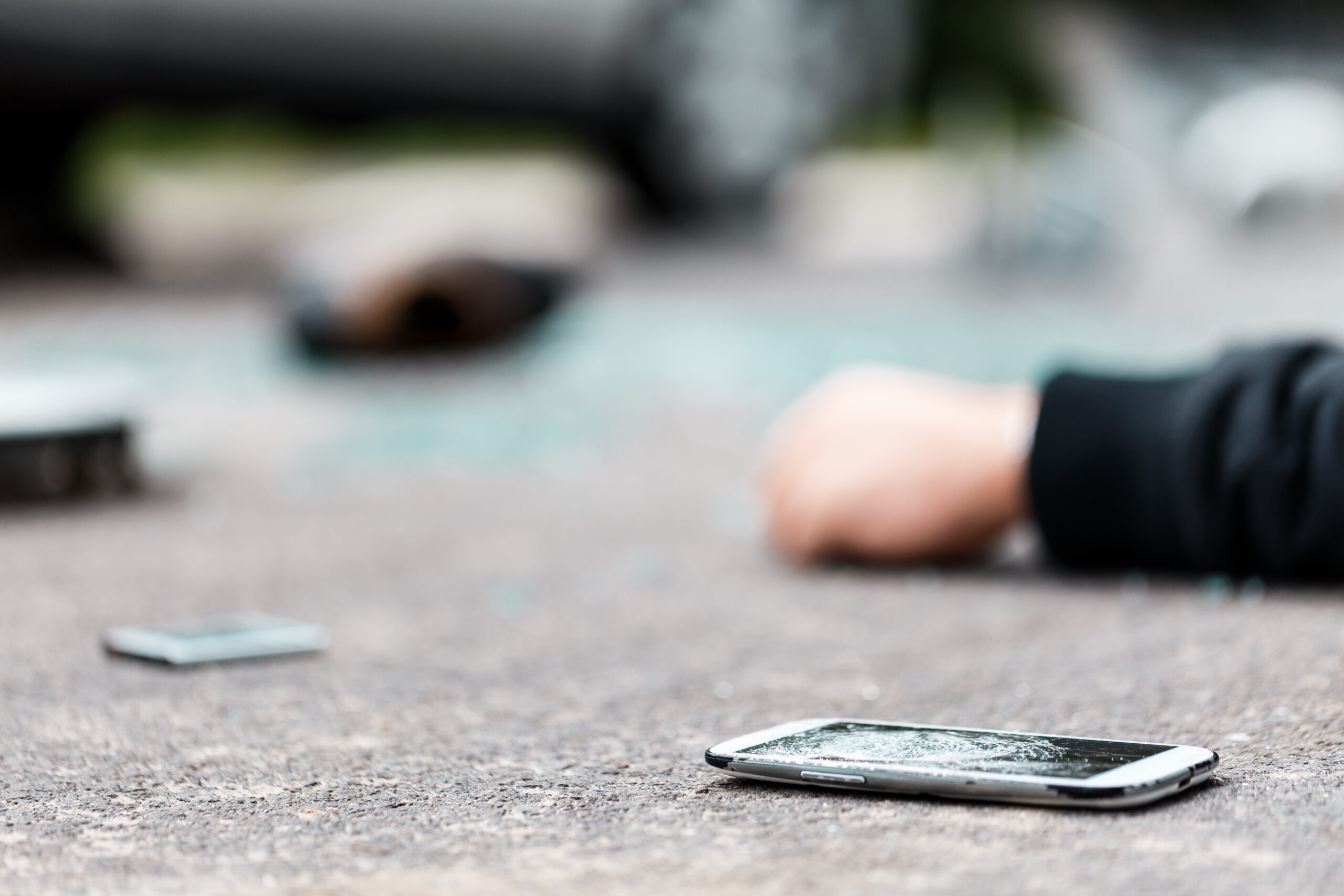If you are injured in an auto accident, you’ll likely have to jump through several hurdles as part of your pursuit of recovery. One of the keys to maximizing the chances of success is avoiding hurdles that are not mandatory but that can trip up your case. In one recent case involving an injured delivery driver, the Sixth Appellate District Court decided that the driver didn’t have to submit to an exam by the defense’s vocational rehabilitation expert because that type of exam wasn’t expressly listed in the California statutes.
The plaintiff was a package delivery truck driver who was making a delivery at a Northern California university. Allegedly, a car parked by a university employee began rolling downhill and slammed into the driver as he unloaded packages. The impact broke his hip and right leg in multiple places. Years later, the truck driver still had not returned to work.
The truck driver asserted several claims in his lawsuit. Two of these were for lost wages and lost earning capacity. The university employee and the vehicle owner attempted to seize upon the plaintiff’s assertion of these claims, filing a demand for a “vocational rehabilitation examination” of the plaintiff.
Obviously, a defense vocational rehabilitation expert is probably not going to discover or develop evidence that is helpful to your case as a plaintiff. As a result, you, as a plaintiff, may decide to pursue procedural techniques that allow you to avoid undergoing such an examination by a defense expert altogether.
That’s what the plaintiff in this case did. He argued successfully that the law did not oblige him to undergo such an exam. The defendants had argued that the interests of fairness required the court to order the plaintiff to submit to the exam. Given that the plaintiff was making claims for lost wages and lost earning capacity, it was only fair to allow the defense expert to examine the plaintiff’s condition, they contended.
The trial court ordered the exam, but the plaintiff won a reversal of that order on appeal. The law was clear regarding which methods were authorized by the statute. This list of authorized methods included depositions, interrogatories, inspections of documents/things/places, requests for admission, exchanges of expert witness information, and “physical and mental examinations.” That was the entire list. “There is no indication that the Legislature intended to either authorize a vocational rehabilitation examination as a method of civil discovery or authorize the trial court to compel a party to submit to a method” not specifically listed in the statute. Based on this statutory language, the trial court had no authority to demand that the plaintiff submit to such an exam.
For advice and advocacy in your injury case, talk to the experienced San Mateo pedestrian accident attorneys at the Law Offices of Galine, Frye, Fitting & Frangos. Our attorneys have been helping injured people assert their rights and pursue proper compensation for many years. To set up a free consultation with one of our experienced attorneys, contact us at 650-345-8484 or through our website.
More Blog Posts:
Without Clear Proof of Authorization, California Woman Isn’t Bound by Settlement and is Free to Pursue Injury Lawsuit, San Mateo Injury Lawyers Blog, Published July 6, 2016
California Court Rules that Injured Victims May Sue City After Pedestrian Accident, San Mateo Injury Lawyers Blog, Published March 8, 2016
Injured Delivery Driver Uses California Statute’s Language to Avoid Vocational Rehabilitation Exam


